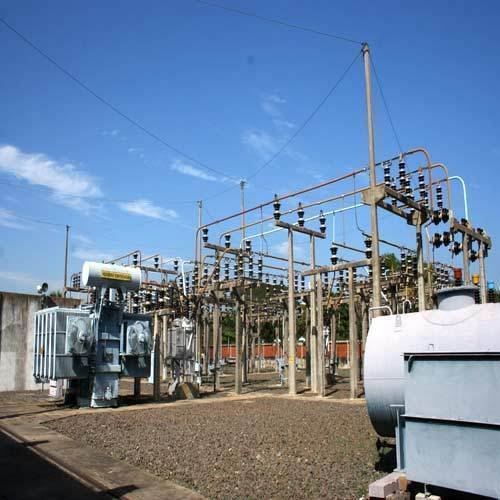Electrical Maintenance: Ensuring Safety and Efficiency
Electrical maintenance is crucial for both residential and commercial properties, ensuring that electrical systems operate safely and efficiently. Regular maintenance helps prevent unexpected failures, reduces the risk of electrical hazards, and extends the lifespan of electrical equipment.
Why Electrical Maintenance is Essential
-
Safety First: Electrical systems can be hazardous if not maintained properly. Faulty wiring, outdated circuits, and malfunctioning equipment can lead to electrical fires, shocks, or other serious safety issues. Regular inspections by qualified professionals help identify and rectify potential problems before they become dangerous.
-
Efficiency and Cost Savings: Well-maintained electrical systems operate more efficiently, which can lead to lower energy bills. For instance, a poorly maintained system might consume more power due to inefficient wiring or outdated components. Routine maintenance ensures that your system runs optimally, reducing energy waste and lowering operational costs.
-
Preventive Measures: Scheduled maintenance allows for early detection of wear and tear. Components such as circuit breakers, wiring, and outlets are inspected and repaired or replaced as needed. This proactive approach helps avoid sudden breakdowns, which can be more costly and disruptive.
-
Compliance with Regulations: Adhering to electrical safety standards and regulations is not only essential for safety but also legally required. Regular maintenance ensures that your electrical system complies with the latest codes and standards, protecting you from potential legal and financial repercussions.
Key Aspects of Electrical Maintenance
-
Routine Inspections: Regular inspections are vital for identifying issues before they escalate. A professional electrician will check for signs of wear and tear, inspect wiring, and ensure all connections are secure.
-
Testing and Diagnostics: Electrical systems should be tested for efficiency and safety. This includes checking circuit breakers, testing for electrical faults, and ensuring that grounding and bonding are intact.
-
Upgrading Components: As technology advances, older components may become outdated or inefficient. Upgrading to newer, energy-efficient equipment can enhance system performance and safety.
-
Cleaning and Lubrication: Dust and debris can affect the performance of electrical components. Regular cleaning and lubrication of electrical panels, switches, and other equipment help maintain their functionality.
-
Emergency Repairs: In case of sudden electrical failures or hazards, immediate repairs are necessary to prevent further damage or safety risks. Having a reliable maintenance service ensures that emergency repairs are handled swiftly and efficiently.
Choosing the Right Electrical Maintenance Service
When selecting an electrical maintenance service, consider the following:
-
Qualified Professionals: Ensure that the electricians are licensed and experienced. They should be familiar with the latest safety standards and technology.
-
Reputation and Reviews: Check the company’s reputation and read customer reviews. A company with positive feedback and a track record of reliable service is preferable.
-
Comprehensive Services: Choose a service provider that offers a wide range of maintenance services, from routine inspections to emergency repairs.
-
Transparent Pricing: Opt for a company that provides clear and upfront pricing. Avoid those that have hidden charges or offer vague estimates.
In conclusion, regular electrical maintenance is a crucial aspect of property management. It ensures the safety, efficiency, and longevity of your electrical systems. By investing in professional maintenance services, you protect your property and save on long-term costs. Prioritize regular inspections and upgrades to keep your electrical system in optimal condition and enjoy peace of mind knowing that your property is safe and efficient.
